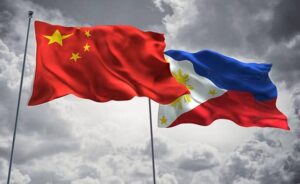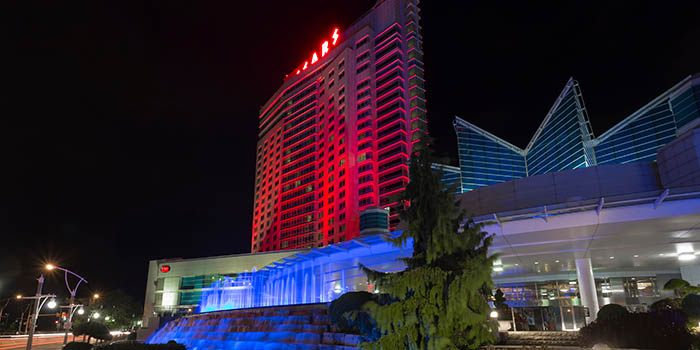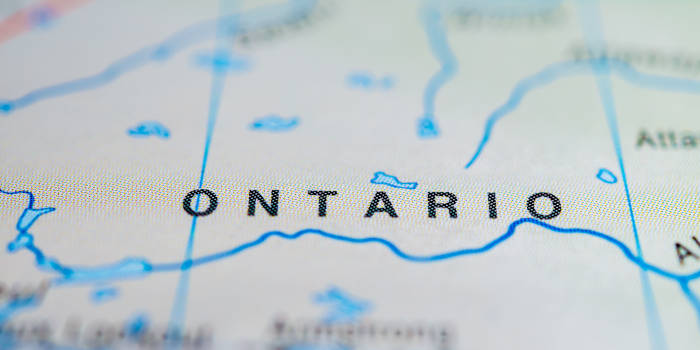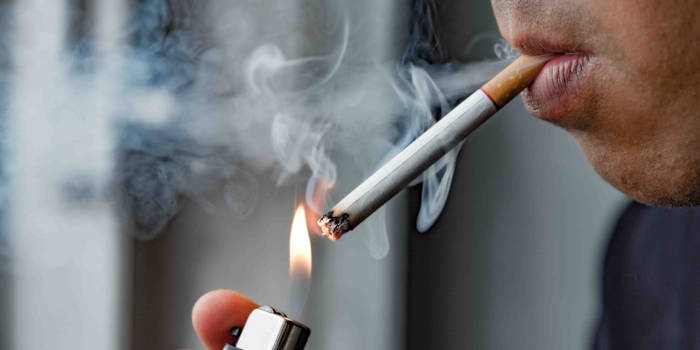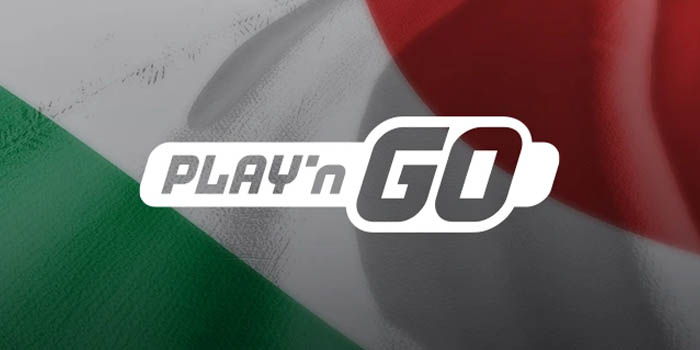Chinese Embassy Denies Blacklisting the Philippines
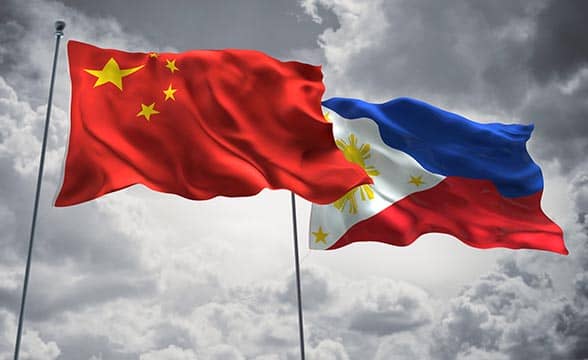
On Tuesday, the Chinese Embassy in Manila denied senate president Juan Miguel “Migz” Zubiri’s earlier announcement, according to which the Philippines appeared on the tourism destination blacklist for Chinese tourists.
Per the statements of Zubiri, the Philippines had already been “part of a blacklist of tourist sites” due to the problem with the Philippine Offshore Gaming Operators (POGO). He also added that China had taken that measure because it did not know if the Chinese nationals would be safe from the illegal practices of Triad, a Chinese transnational organized crime syndicate, and other syndicates, which operate POGOS.
The Chinese government is against any form of gambling including POGO or online gambling. On the issue of regulating online gambling, Ambassador Huang said that it is hard to regulate online transactions based on their experience, thus they just totally ban online gambling as well.
Juan Miguel “Migz” Zubiri
“Blacklisting of the Philippines Is Misinformation”
However, the Chinese Ambassador to the Philippines Huang Xilian commented that the tourism blacklisting of the Philippines “is misinformation.”
Several hours prior to Xilian’scomment, the Chinese Embassy had already made a vague statement on the blacklisting in question saying that tourism was an important area of cooperation for both China and the Philippines. Prior to the Covid 19 pandemic, in 2019 almost two million Chinese citizens visited the Philippines, thus China was the second biggest source of tourists, as stated by the Chinese embassy.
Chinese Legislation against POGO
The Manila-based Chinese embassy confirmed its opposition to the POGO industry in the Philippines. Per Chinese legislation, Chinese nationals, who gamble overseas and open casinos to attract other Chinese nationals as primary customers, commit gambling crimes. The Chinese government has taken decisive actions to fight against all forms of gambling.
Most of the recent crimes committed by Chinese nationals in the Philippines are linked with POGO. The Chinese authorities try to defend the safety and interests of each Chinese national, whether it be an overseas Chinese citizen or a citizen of mainland China.
The respective Philippine law enforcement agencies managed to rescue various Chinese nationals and close some POGO companies.
In 2019, the Chinese Ministry of Culture and Tourism established and published a “blacklist” of overseas tourist destinations, which allegedly are disrupting China’s “outbound tourism market by opening casinos targeting mainland Chinese customers.” There was no detailed information on which countries exactly were included in the tourism blacklist, but JP Morgan analysts have stated that the list might refer to emerging Southeast Asian gaming destinations, including Cambodia and Vietnam, and probably Australia.
Yasmin is an iGaming and gaming journalist with over 10 years of writing about various publications. Her experience spans the entirety of iGaming, traditional sports, as well as online poker. She is well-versed in every aspect of online gaming and her wealth of knowledge provides additional substance to our coverage.

